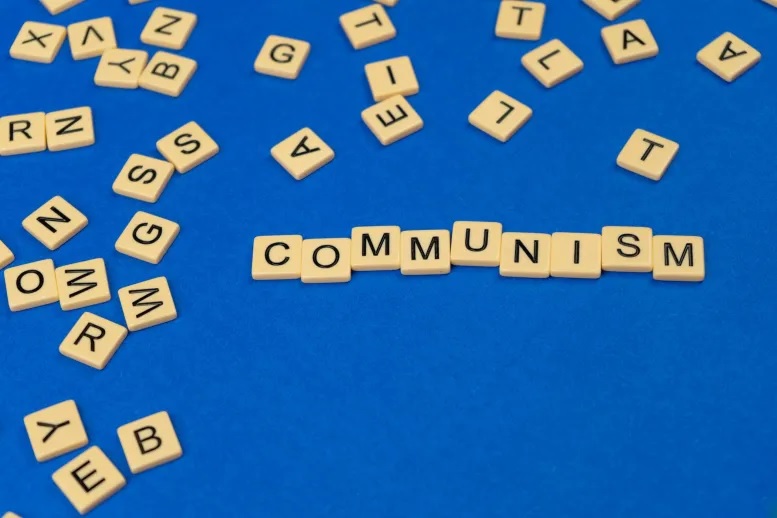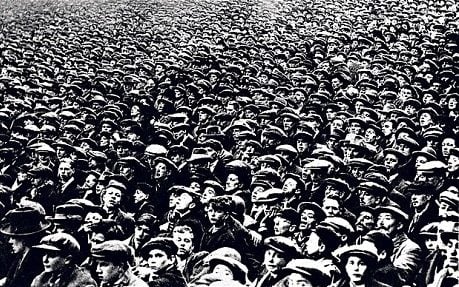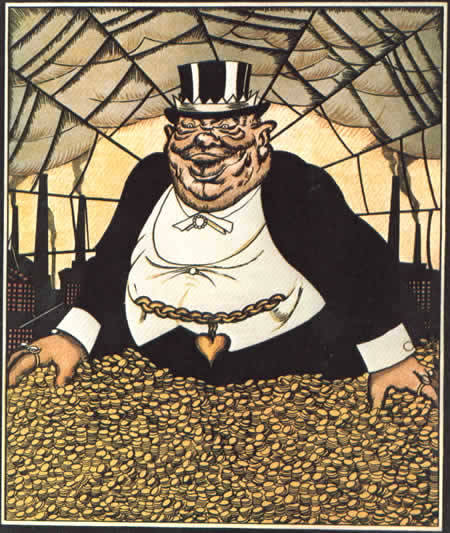
In my household, when we play Scrabble, we have altered some of the rules to make the game better and more enjoyable. It is recommended other households modify the rules in a way they see fit as well. Because the point of a ‘game’ is that it is enjoyable to play and not frustrating. So…
1) We use the larger board from the version “Super Scrabble”. This larger board means there is far more space in which one can play a seven letter word if one has created one, whereas the traditional board is so squeezed, having created your seven often runs into the pitfall there is nowhere to put it. That is frustrating, so stands in need of abolition. The defect of “Super Scrabble” is they also doubled the number of letters, so Super Scrabble, runs into the same problem after the midpoint of the game. The remedy is to use the same letters from the traditional game, but with the larger board from the newer version. Flexibility. Freedom. Flexibility and freedom are good watchwords.
2) If you are unlucky enough to have picked 7 consonants or 7 vowels, we have decided to permit the option you can change one of those letters for the alternative type.
3) We have not implemented these changes yet, but my recommendations to the Central Committee are working on it. It revolves around alterations to the Law of Value: value of J to be increased to 10 points, value of U to be increased to 2 points, value of Y to be increased to 5 points, value of Z to be reduced to 9 points given the dictionary now allows “Za, Ze, Zo”, Z is almost as easy to play as X, so its value ought to reflect that versatility which wasn’t there when Scrabble was initially designed in the 1930s. We also regard the failure by the dictionary gods to legitimate the word “OK” as absurd. OK should be allowed as it is used extremely commonly.
<><><><>
Conscious control. Changing the rules to better suit our needs. Sound familiar?
<><><><>
The way the economy works can also be changed. It is not an imposition by God. It is made by the way society is organized, and that is something which can be changed through democracy.
In capitalism, commodities are exchanged at their values rather than anything to do with volition. These values are representations of an overall world-comparison of the quantity of socially necessary labour time embodied in them. Obviously any economy is going to need some way of comparing things – because no society can operate without some kind of economic principle. However, the determination by ‘abstract labour’ makes man the object, and his abstract labour the subject. So we get dominated by forces of our own making, and the economy is experienced as like a force of nature.
This becomes a huge problem when one considers the compensation for labour is the wages system. This is only a portion of the total value produced at work, not the whole thing. And the wage rate is determined by how much you need to get by and is unrelated to how hard you work. The bit of value that gets siphoned off takes the form of profit. But if the wage is fixed beforehand contractually, it means the harder you work the more profit you are producing. Given that poverty is a relative rather than absolute distinction, it means that in this society, the harder you work, the poorer you get. The harder you work, the richer becomes the capitalist, and in relation to him, you have become poorer. So, over time, society becomes more and more unequal, and this is a defect which cannot be remedied without getting rid of capitalism.
In order to change the rules of the game, and replace abstract labour with voluntary conscious control over our products, it is first necessary to get rid of capitalism through a social revolution against the capitalists. Their profit must be seized – expropriate the expropriators, as part of the process of a seismic economic alteration. Once a classless society has been created, it becomes up to us to determine the economic principles that govern the worlds of work and exchange and the economic forms these take (e.g. money), because at that point in history, we would now have the freedom to make those decisions. Under a class society, that freedom does not exist at all.
It is only possible for a household to change the rules of the way it plays Scrabble because the participants are equals and converse with each other and can agree sensible ways to make the game better for everyone. So it is with the economy – if there is a jackboot on your neck, there can be no hope of ever improving anything. Eventual end result of that? Bye bye, human race.



